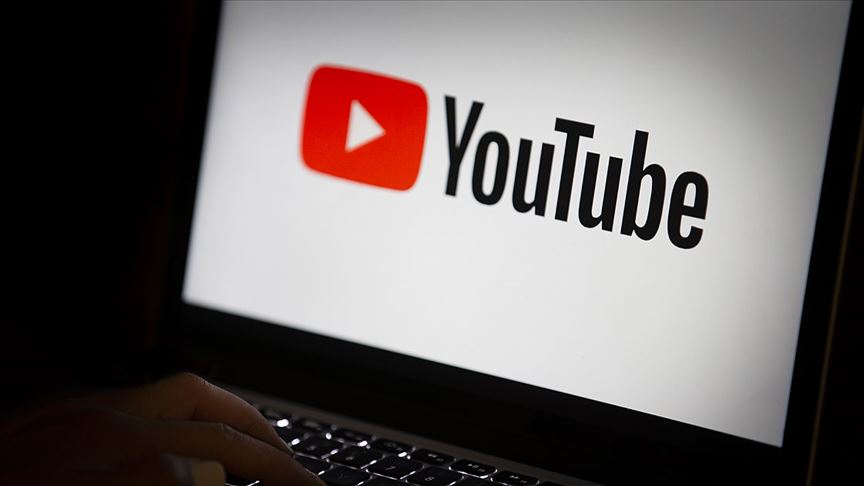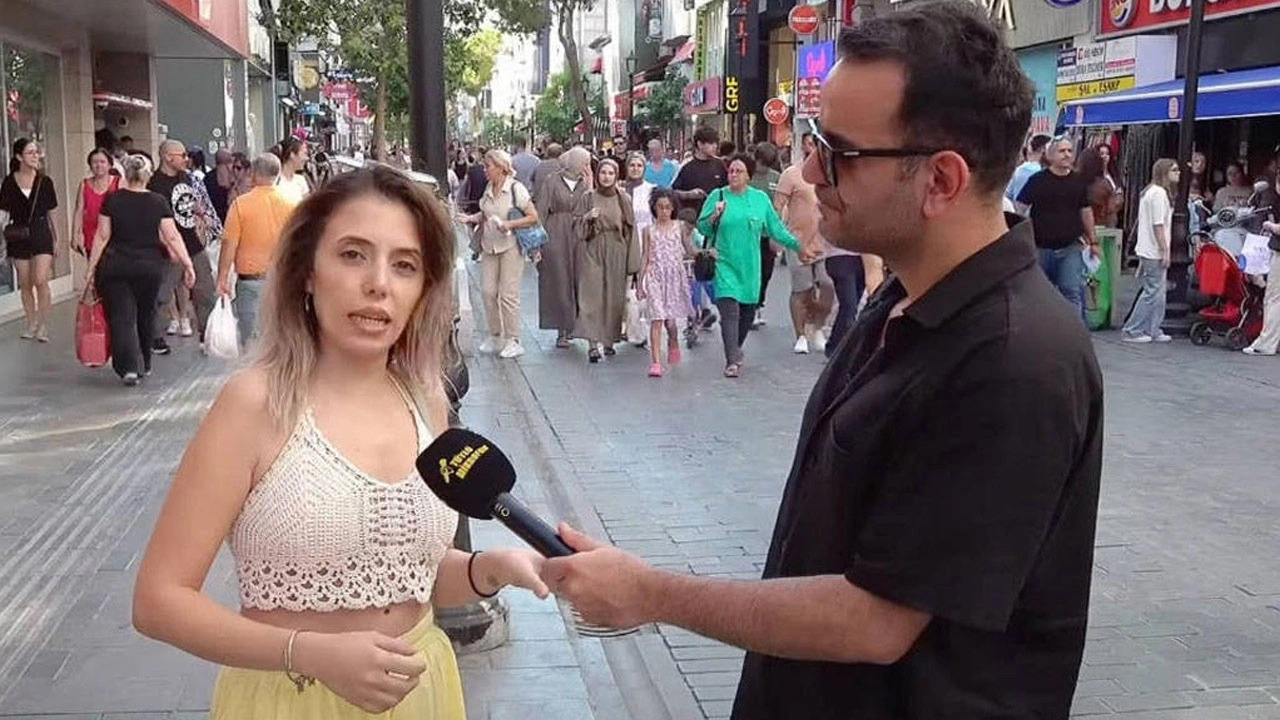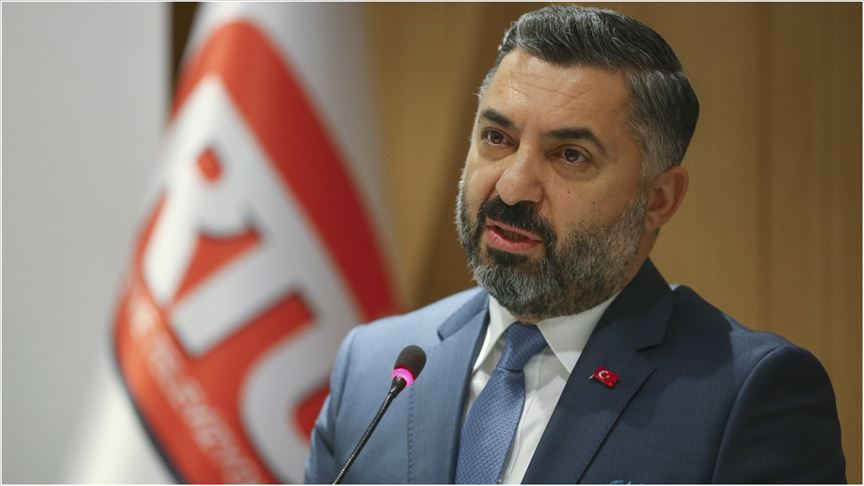
Ebubekir Sahin, chairman of the Radio and Television Supreme Council (RTUK), has revealed that YouTube broadcasters in Türkiye will soon be required to obtain a license, as part of efforts to regulate digital content in compliance with Turkish laws.
He said that all broadcasts, excluding personal content, are subject to RTUK supervision.
Speaking on Armagan Caglayan’s program on Ekol TV, Sahin said that while RTUK has not intervened in YouTube content thus far, regulatory measures will be enforced moving forward.
He explained, “YouTube has never been subject to RTUK intervention, but all broadcasts, except personal ones, are under RTUK's control. Digital platforms operating in Türkiye must adhere to Turkish regulations and obtain licenses."
Chairman Sahin added, "YouTube broadcasters, including those producing news or programs, will need to acquire a license from RTUK. The license will be issued for a modest fee, with a 10-year validity and annual payments.”
Sahin highlighted that discussions with YouTube are ongoing and licenses can be secured even before the law is formally implemented. “We’re awaiting feedback from YouTube on our proposal. It is possible to acquire a license before the law takes effect,” he noted.
Addressing concerns over content regulation, Sahin stated that RTUK is utilizing artificial intelligence (AI) to monitor YouTube broadcasts, selecting specific keywords to ensure compliance with community guidelines and Turkish laws.
We are increasing oversight on YouTube. We’ll be hiring more experts, but AI technology, developed locally, is already in use for monitoring. YouTube itself also enforces its own community guidelines. No one has unlimited freedom; we must all comply with the rules
Ebubekir Sahin, the Chairman of RTUK
The controversy surrounding street interviews was also discussed during the interview, with Sahin affirming RTUK’s authority over such content.
RTUK has the power to regulate all broadcasts. There’s a misconception that the state is powerless in this matter. We’ve warned about these interviews through BTK and YouTube. Instead of self-regulation, these interviews started appearing on global news platforms.
The ‘Dilruba incident’ happened after my statement, and under the circumstances, anyone would have been detained
Ebubekir Sahin
The investigation into Dilruba Kayserilioglu, who was initially arrested and later released due to comments made during a street interview in Izmir, has concluded. Izmir Chief Public Prosecutor’s Office has sought a prison sentence for Kayserilioglu on charges of inciting public hatred and hostility.

RTUK Chairman Ebubekir Sahin has been vocal about his concerns regarding the potential for street interviews to disseminate misinformation and manipulate public opinion. In recent statements, Sahin emphasized:
This move by RTUK has sparked a debate over the fine line between regulating harmful content and preserving freedom of expression, a cornerstone of democratic societies.

The impact of street interviews in Türkiye is vividly illustrated through individual stories that highlight both the risks and opportunities associated with this form of journalism.